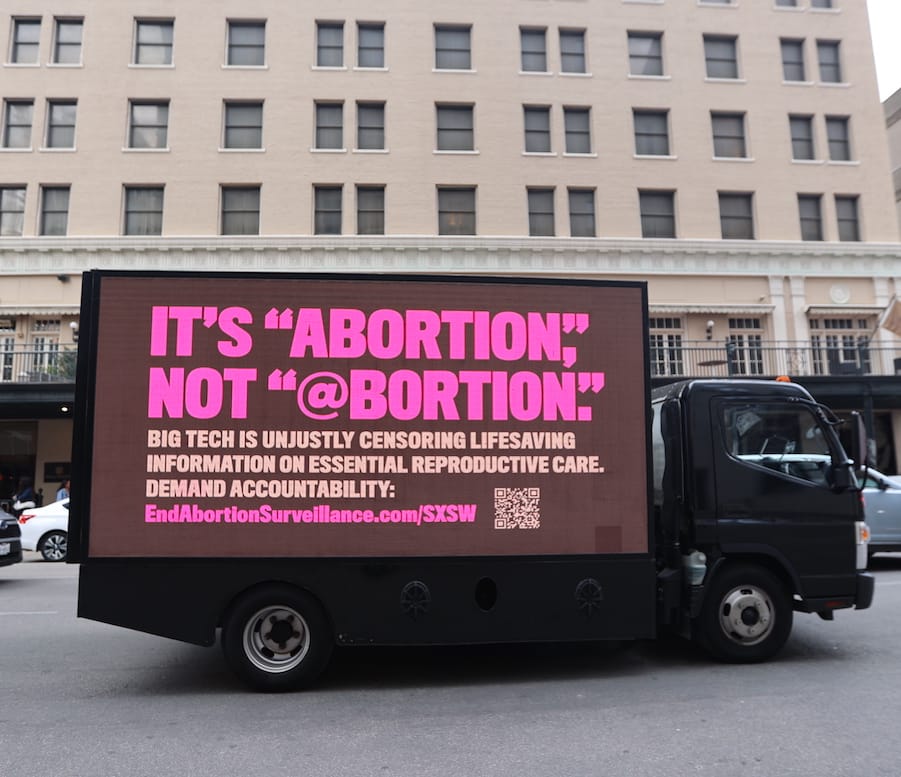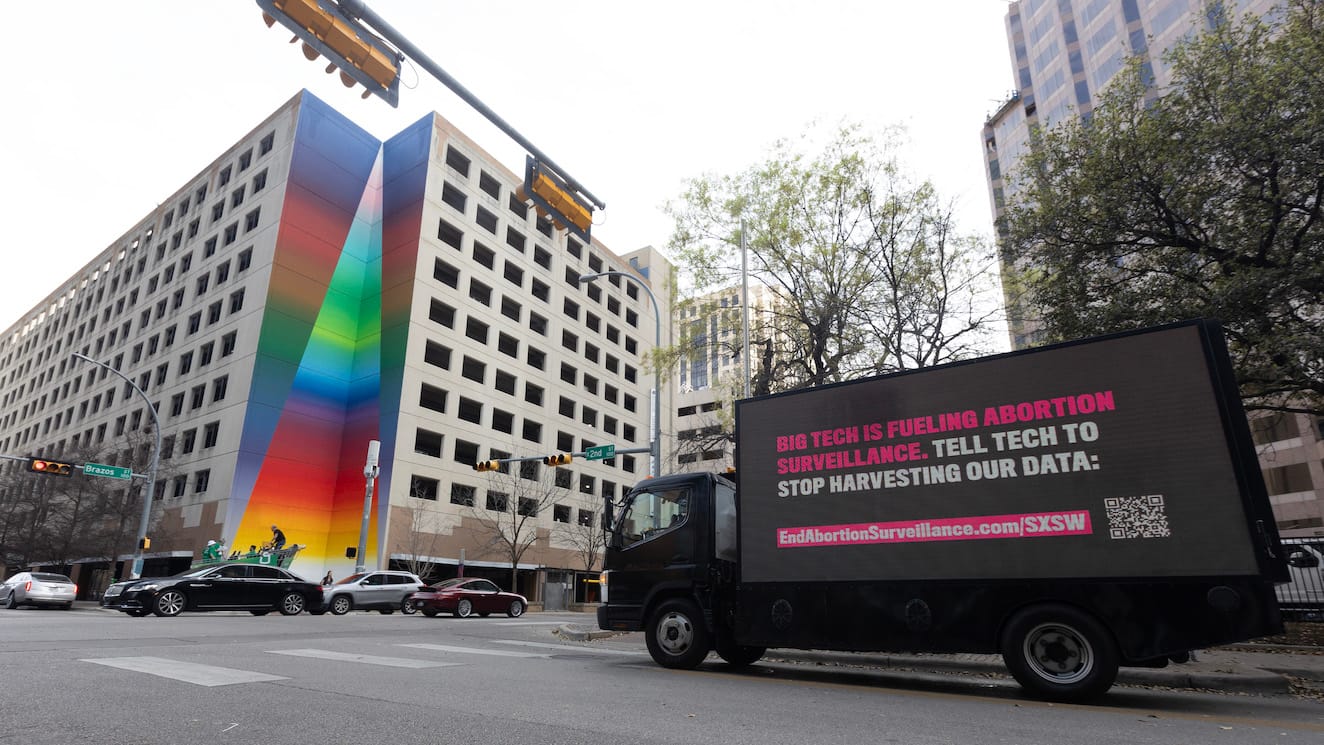Digital censorship, SXSW updates, and links

The TikTok ban, again
Last week, Congress reached deep within itself, found an unheard-of efficiency, and passed a TikTok ban (tik, tak, toe). The app ban is part of a general climate of Internet anxiety: for all of the 2020s, lawmakers have threatened us with bills like EARN IT and KOSA that would incentivize platform censorship and undermine end-to-end encryption.
The TikTok sell-or-ban and the whole gamut of Section 230 revisions have something in common. They leave the current Internet—the monopolistic, privatized, and fundamentally extractivist Internet—unscathed. Meta, for example, won’t face an existential threat under KOSA. It’ll just adjust content policies (in ways that will harm youth, LGBTQ+ people, and political dissenters) and move on.
Paris Marx argues that maintaining a status quo is exactly the point. Entrepreneurial America loves the idea that it invented the Internet, and US Internet corporations have become key instruments of international power. Lawmakers treat Big Tech with kid gloves because the way of doing business in Silicon Valley means that global data flows end up on US soil (query “digital colonialism”). Hence, a ban on a Chinese app moves in a week, while our domestic privacy laws are "a cluttered mess of different sectoral rules."
Our emotional support First Amendment might reassure us that mass censorship could never happen here, but the TikTok bill tests that case. Even if it stalls in the Senate, Congress's pet project confirms that economic interests are stronger forces than any abstract free expression ideal. And if states are the laboratories of democracy, we're in trouble: age verification laws, abortion censorship laws, and broader speech restrictions are spreading.
There’s a deep well of research into the Internet’s infrastructure, its social and political history, and how it enters our relationships. From the smattering I’ve read, the simplest summary is that the Internet has never been “free.” I don't want to discount the creative chaos of pre-2013 Tumblr, the conviviality of the blog roll, the ____ of the message boards (I wasn't online yet), but we can't look backwards for some mythical liberatory network—it doesn't exist.
Congress's TikTok fever breaks the illusion that the Internet is intangible, ahistorical, and free. Now, we have to figure out where to go.
Report from SXSW
From Caitlin, Campaigns and Managing Director at Fight
Thousands of people were able to to safely and legally travel to and from Texas to attend SXSW this month. But many people can't, because of Texas’ abortion ban and anti-abortion travel restrictions. Many of the Big Tech platforms that participate yearly in SXSW are playing a role in enforcing these draconian bills, censoring information about accessing safe abortions, and turning over data used to criminalize people for accessing or helping others access abortion care.
So, Fight for the Future showed up at South by Southwest (SXSW) to highlight their hypocrisy and complicity. We joined forces with For Freedoms, Plan C, Project for Empty Space, and Women on Web to demand Big Tech end its role in fueling abortion surveillance and censorship. Our group collaborated on a mobile billboard around downtown Austin, displaying bright, large-scale messages about combating Big Tech data harvesting and protecting abortion access, as well as original artworks from the recently-launched Body Freedom for Every(Body).

We also participated in a rad event that transformed The Future Front House into The Care House, a literal and figurative community salon and day of programming around reproductive justice including community-care panels featuring Project for Empty Space, Amnesty International USA, Fight for the Future, Fos Feminista, the Working Families Party, and FEMINIST, as well as a DJ Set and performance by a Future Front Artist, and an art exhibition featuring the Care Machine, Artist Autumn Breon’s latest installation, a traveling beauty and sexual health vending machine.
The campaign was covered in a great piece in Jezebel. You can check out a whole bunch of images, and take action too!
Stray Links
- There may not be a "free" Internet. But there actually is a utopian piece of digital technology, and it's KidPix. The Internet Archive now hosts a public domain version of the OG drawing app.
- Lyft and Uber say they will leave Minneapolis after city council forces them to pay drivers more (The Hill)
- Covert racism in LLMs (Gary Marcus)
- Searches for VPNs spike in Texas after Pornhub pulls out of the state (CNN)

Member discussion